Tuesday, 23 April 2024
Menu
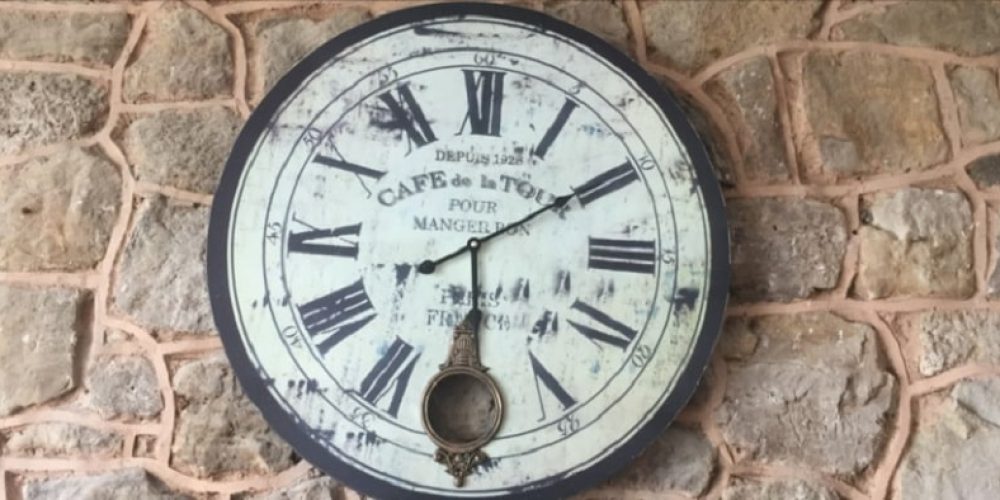
It is a natural reaction. We try to bring order to disorder. Thinking in this way is known as counterfactual justification (i.e. imagining what might have been – note). In its most basic form, we believe that if people had taken different actions in a given situation, the outcome would have been different. Unfortunately, by proceeding in this way, we apply variables that do not currently exist to a story that has already happened in order to tell a different one that has a happy ending.
We like alternative reasoning because it allows us to bring order to disorder and we believe that by doing so we will not make the same mistakes again. We apply hindsight believing that it will give us the ability to prevent situations if we encounter the same situation. We assume that we will not make the same mistakes because we assume that we know what we should do and we will perform the right actions to prevent negative consequences. We believe that we will prevent an undesirable event because we pay more attention and recognise the signs and clues that something is wrong.
Counterfactual thinking can and does keep us calm and safe because we think we know the solution to a difficult situation, but there is a problem here. Counterfactual reasoning does not increase our chances of the same event occurring in the future because it does not relate to the real world. It does not take into account the conditions that led to the error, mistake or rule violation. More importantly, our solution does not focus on why these “so obvious” factors were missed by the diver in real life, in a real situation. Essentially, then, the alternative inference (counterfactual) that we use relates to a story that did not happen.
Let’s consider the difference between “they didn’t do their checklist tests correctly and therefore the O2 remained screwed up “ and understanding the momentary rationality of the situation, why the divers didn’t exactly do all the tests on their checklist.
Knowing what will happen is one thing, but often the events themselves have little to do with the contributing or causal factors, conditions or circumstances in the past that led to the events that occurred. Consequently, alternative reasoning does not lead to constructive solutions because it ignores questions about the causes and conditions that led to mistakes being made or contributing factors occurring. We have already established what needs to be done differently (from those involved in the event), so why look elsewhere for solutions? Counterfactual inference replaces inference based on the question “what were the circumstances that led to diver X doing Y?” with inference based on “diver X should have done Z instead of Y”. Thinking “they were stupid because it was obvious it was going to end this way” is another biased and falsified inference. If what happened was so obvious then different actions would have been taken right!
Counterfactual reasoning is only useful if we can, like Doctor Who, go back in time to prevent the events that have just occurred. In any other situation, alternative reasoning helps us feel better, but does not improve diving safety or our level of diving experience. Ironically, this action has the exact opposite effect and actively prevents us from improving and growing. This is because we are not looking for signs, clues and patterns that led to the incident that we can detect and respond to in the future.
Takeaway lesson: Instead of asking “why didn’t they do Y instead of X?”, let’s ask the question “how did it come about that doing X made sense to them at the time?”. We will learn much more about how to improve our future dives. Let’s ask questions about what happened instead of focusing on what didn’t happen.
P.S. By thinking that people are stupid because it was obvious that it would end this way, we are committing the error of bias. If it was obvious it was going to end this way (dead, injured, with DCS, etc.), wouldn’t the divers have done something to prevent it?
Andrzej Górnicki
Accident analysis, decision making, cognitive errors, Gareth Lock 24 August 2019 Original title: Why ‘They should have’, ‘…could have’ or ‘I would have…’ do not improve diving safety

.
.

.
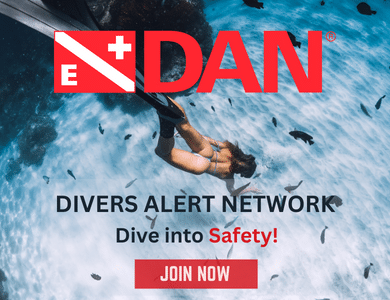
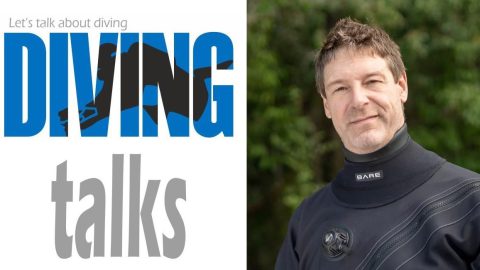
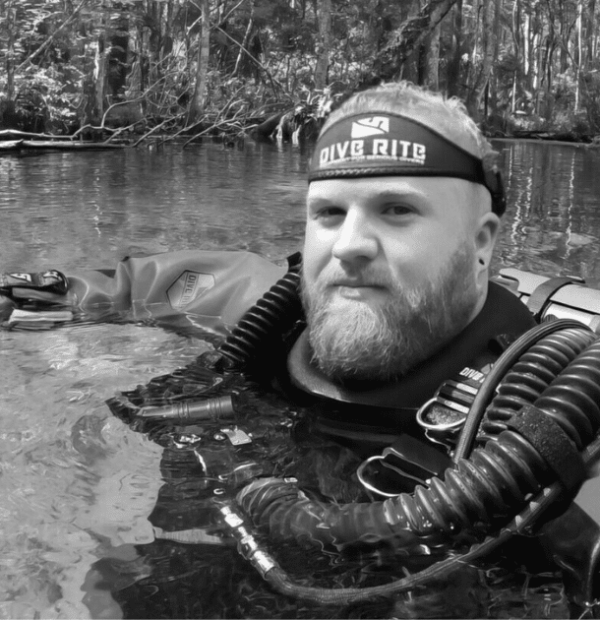

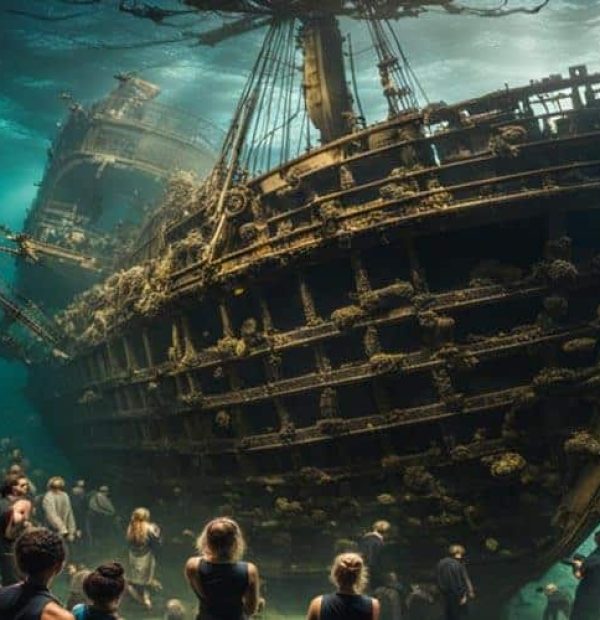
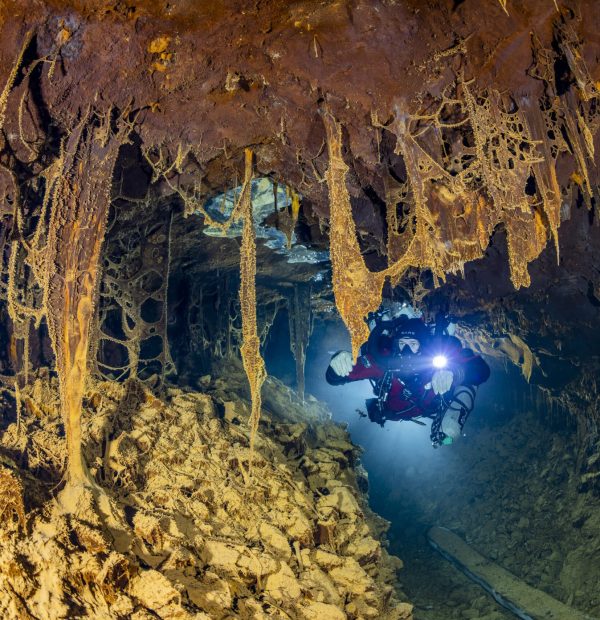
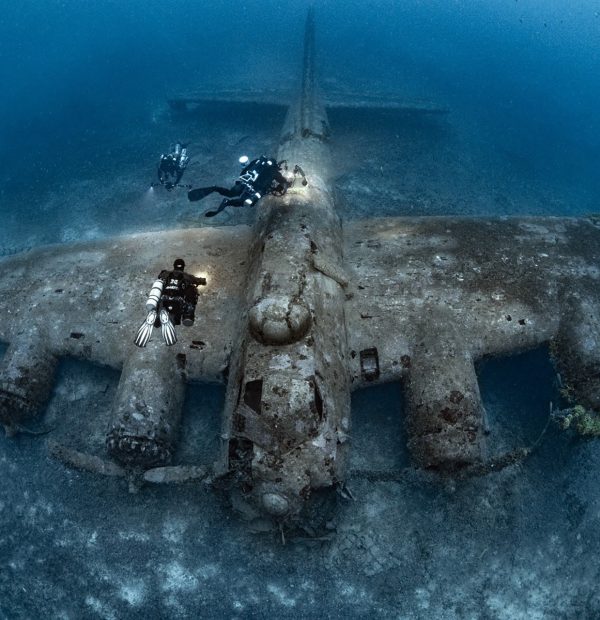
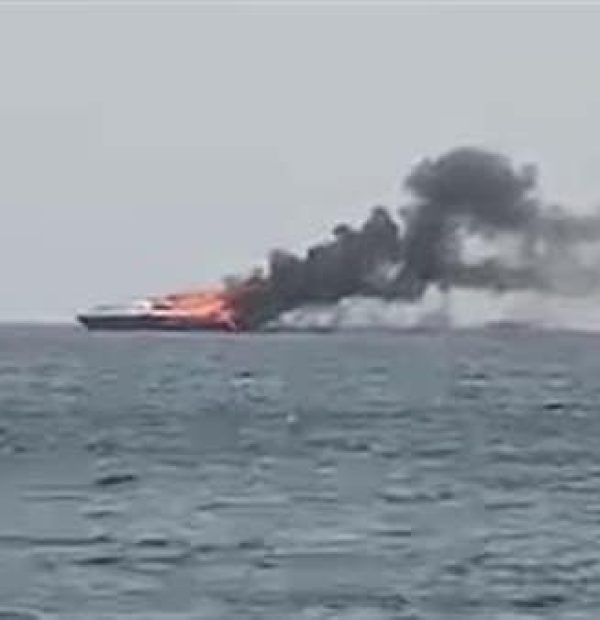
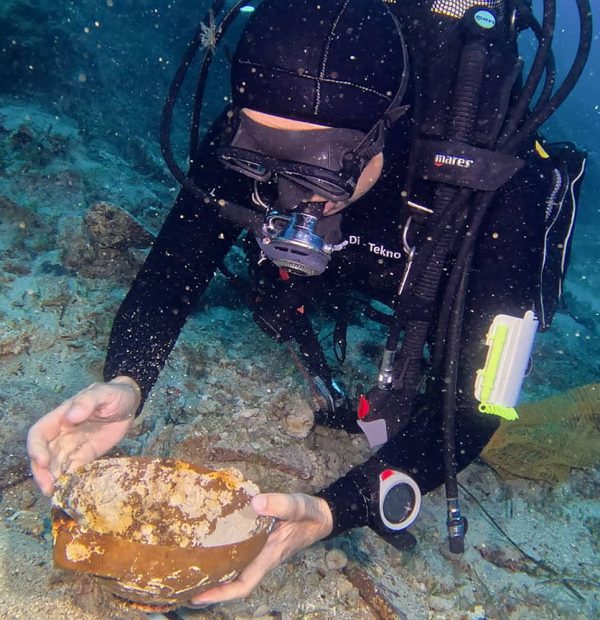

Welcome to DIVERS24.COM, your daily source of scuba news, freediving, scuba diving information, and equipment reviews. Our comprehensive coverage of the dive industry from A to Z provides you with all the latest scuba news, training updates, underwater photography tips, and everything else related to scuba diving. Whether you’re a beginner or an experienced diver looking for more knowledge about scuba gear or techniques – we’ve got it covered! With our in-depth articles written by experienced divers who have been there and done that, you are sure to find exactly what you need here at Divers24.com. Dive into scuba news today!
Underwater Media Sp. z o.o.
Szafarnia 11/F8,
80-755 Gdansk, Poland
Welcome to DIVERS24.COM, your daily source of scuba news, freediving, and scuba diving information. Sign in for a weekly news update and discount coupons for dive gear and apparel.
@2023 - underwatermedia.pl. All Right Reserved. Designed and Developed by Tworzenie stron internetowych Gdansk

The Divers24 portal is currently the largest online medium treating diving in Poland. Since 2010 we have been providing interesting and important information from Poland and around the world on all forms of diving and related activities.
Contact us: info@divers24.com